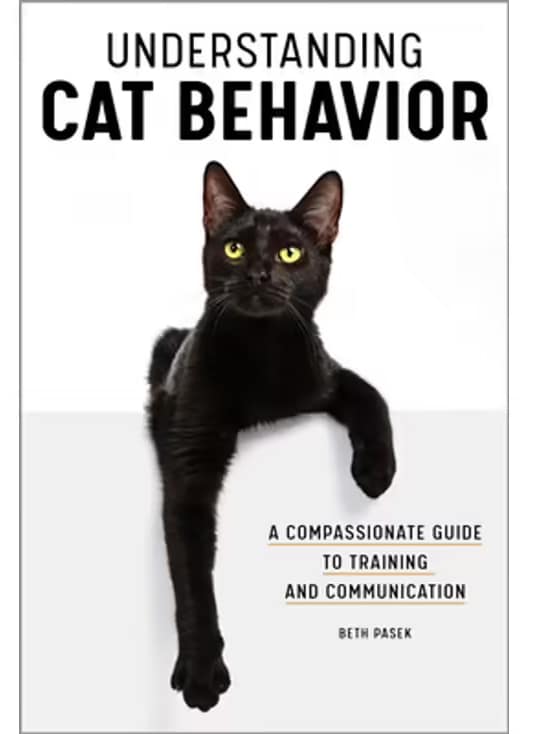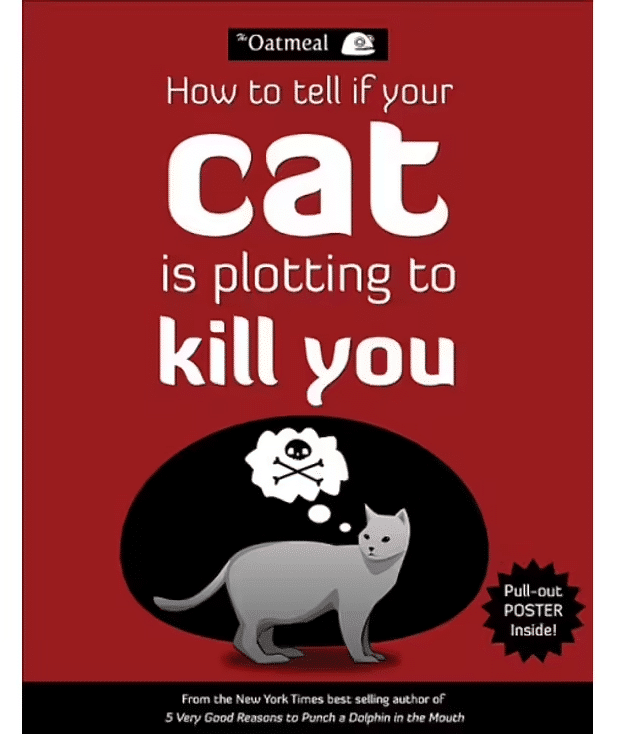Here Comes the Sun: Is It Alright? Dangerous Things Cats Like
Hi, I’m Dr. Lauren! Read my introduction to learn more about me and my two adventurous cats, Pancake and Tiller. Cats get into all sorts of mischief. And that’s bad enough. But some of the seemingly normal things cats do, can also add complications to their lives. And, here comes the sun, so to speak. We all […]













